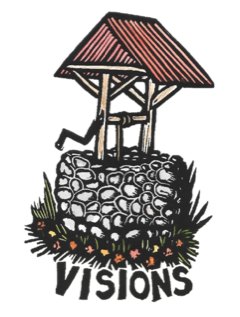Statement of Need
In the Upper Valley community, the need to provide permanent secure housing to adults with disabilities substantially exceeds current resources. Even after opening our second location, 45 people remain on our waiting list—and the list continues to grow.
The Disability Rights Center of New Hampshire estimates that approximately 27,000 adults with IDD live in the Granite State, 46% of whom receive funding through state IDD agencies. Amongst this population, the majority (59%) live with a family member, about 11% own or lease their own home, and the balance live in either foster care (5%), a small group home (16%), or a more institutionalized setting (9%).
While nuclear families offer a loving and supportive environment, continuing to live with parents and family members into adulthood is unsustainable. As families age, this setup becomes increasingly difficult and when a parent or guardian can no longer care for their loved one, nearly insurmountable challenges develop. Who will care for their loved one? Where will he or she live? Will they need to enter a cycle of adult foster care? Seeking a solution creates additional trauma for the individual, their family, and the community around them.
Residents preparing for dinner at Green Street Commons
Our goal, at Visions, is to proactively address an orderly transition of care for adults with developmental and similar disabilities. We provide the same stable, dependable, and caring environment they had with their families.
The Visions Model
The Visions model emphasizes resident choice and independence, with individually tailored appropriate supports. We are the only full-service provider of supported housing for individuals with developmental and similar disabilities serving the Upper Valley. In addition to providing a comfortable, safe, and affordable home, Visions works in collaboration with Area Agencies and others to provide an array of wrap-around services that ensure we fully meet the needs of each resident. These services include:
24/7 professional oversight
Support with employment, transportation
Health and medical oversight
Life skills development and relationship building
Social and recreational opportunities
These services foster growth and independence by nurturing residents’ sense of well-being and self-worth. Those individuals who come to live at Visions continue to build and expand existing relationships within the community—a difficult feat for a person with disabilities. Already established family, friends, and connections stay involved even beyond the parent’s lifetimes.
Thus, the Visions model gives them their best chance at living a fulfilling, successful life with the dignity they deserve.
If you are interested in replicating our model, or just want to know more about how it works, feel free to explore our Supportive Housing Toolkit, developed through a grant from the New Hampshire Housing Finance Authority (NHHFA).





